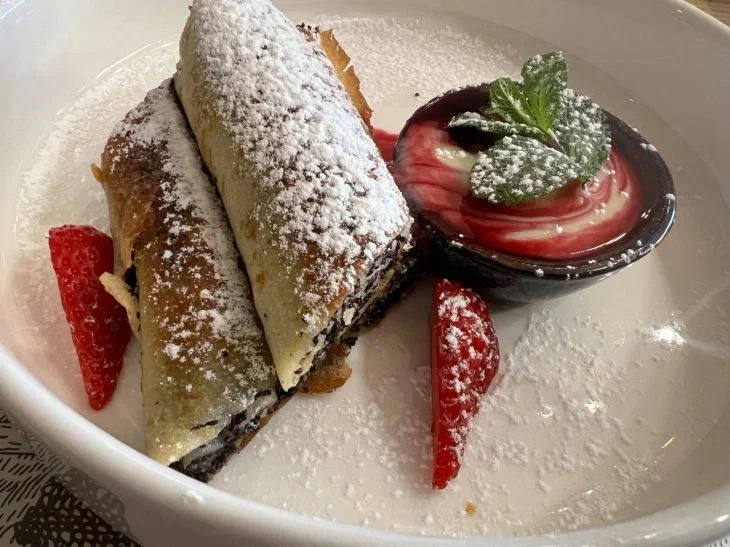Why do we crave sweets: seven reasons that cause addiction
Many people may notice that they want something sweet. But why does this desire arise every day?
There are 7 reasons that are worth examining in a little more detail, because they will give a clearer understanding of your own desires.
Blood glucose level is low
Glucose is the body's primary source of energy. When its levels drop, the brain signals the need to replenish energy reserves, and the fastest way to do this is to eat something sweet.
The influence of emotional stress
When you're stressed, your body produces cortisol, which raises your blood sugar levels and increases your desire to eat something sweet.
Sweets help to temporarily improve mood, but over time the body gets used to a certain level, so it requires more sweets.

Lack of sleep
Lack of sleep reduces levels of leptin, a hormone that controls appetite, and increases levels of ghrelin, a hormone that stimulates hunger. As a result, you feel the need for quick energy sources, such as sweets.
Habit and emotional connection
Many people become accustomed to receiving sweets as a reward or consolation from childhood. This creates an emotional connection between sweets and a feeling of satisfaction or comfort. This habit can persist into adulthood.
Hormonal changes
During the premenstrual period, estrogen and progesterone levels fluctuate, which can lead to mood swings and increased appetite. Many women experience a strong desire to eat something sweet during this time.
Nutrient deficiencies
Sometimes, the desire for sweets can be caused by a lack of certain nutrients in the body. For example, a lack of magnesium can manifest itself in a desire for chocolate, since cocoa beans are rich in this mineral.
Advertising
Advertising, availability of sweets and social norms also play an important role in the desire for sweets. Therefore, when a person sees something sweet in a store, he immediately wants to eat it. The most interesting thing is that the body may not need sugar, but advertising does its job.
Earlier we told you what a donor should not eat before donating blood .
